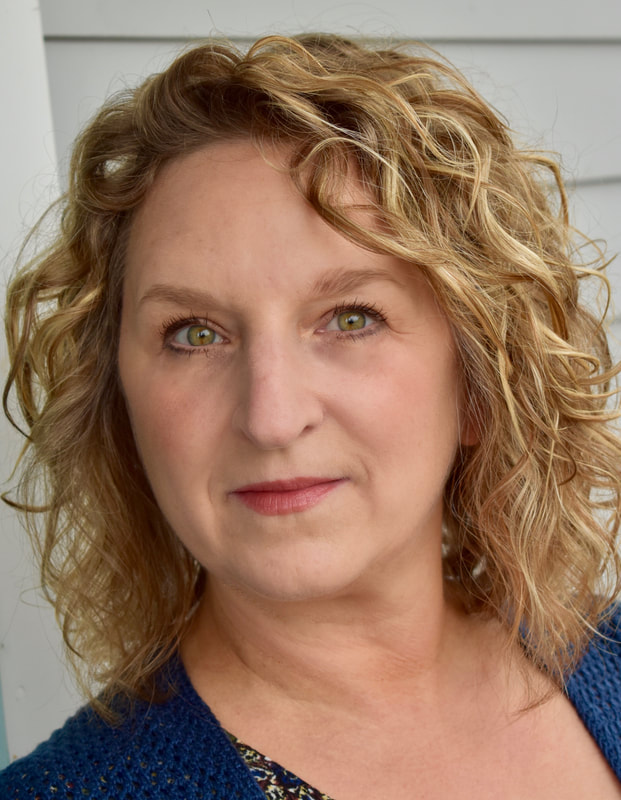Commas are, in my estimation, one of the hardest elements of the English language. However, if you have a good ear for what sounds natural, any writer can improve and become more comfortable with using that dangling thingamajig.
#1 TIP - LISTEN. If I could give a writer just one tip to mastering the use of the comma, it would be to LISTEN. Read your material out loud. Even if you are not a great self-editor or don't want to get caught up in all the "rules" of proper comma usage, by listening to what you're reading and placing commas at any spots where you naturally pause, you will likely solve 90% of your comma issues.
I'll say that again, but without all the commas. Read the following aloud without ANY pauses:
Even if you are not a great self-editor or don't want to get caught up in all the "rules" of proper comma usage by listening to what you're reading and placing commas at any spots where you naturally pause you will likely solve 90% of your comma issues.
Can you hear how odd the same sentence sounds without any pauses ... or commas? It's both confusing and borderline robotic. That's not how a person speaks. It also shouldn't be how a person writes.
SO, LISTEN. Just listen. Reading your work aloud may not be a foolproof way to self-edit (Heck, commas have so much room for interpretation, I'm sure there are some English majors out there reading this and shaking their heads at MY comma usage, as we speak), but it will certainly help to clean up a ton of questionable grammar. Often, it is not the misplacement of a comma that is the problem, but a complete lack of using a comma where you need one.
Just LISTEN. Pauses need commas.
 RSS Feed
RSS Feed

